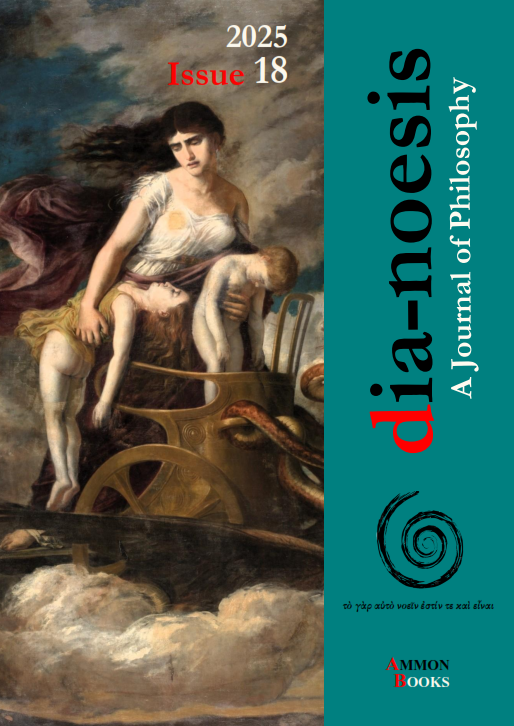Introduction to Issue 18

Abstract
Trauma, both as an existential experience and a topic of study, has long preoccupied literature, philosophy, history, and psychology; uprootedness, displacement, anguish, destruction, oppression, objectification, and dehumanisation are all embodied in social and historical events that leave permanent scars in collective and individual mindsets. Trauma embodies the following paradox of consciousness: it is too overwhelming to be fully grasped; on the other hand, it is too persistent and meaningful to be lost in the sea of oblivion. From ancient Greek tragedies that dramatise suffering and loss to modern philosophical accounts of critical theory, trauma exposes the fault lines within human subjectivity and the fragile continuity of space, time, and self. Across centuries and disciplines, trauma is treated not merely as the aftermath of a catastrophic experience; it is a pathology of psychical revelation that opens up new pathways concerning what it means to exist, and to live in the tension as well as in the interstices between memory and forgetfulness, belonging and exile, self and other.
Article Details
- How to Cite
-
Theodosiadis, M. (2025). Introduction to Issue 18. Dia-Noesis: A Journal of Philosophy, 18(2). https://doi.org/10.12681/dia.43390
- Section
- Articles


